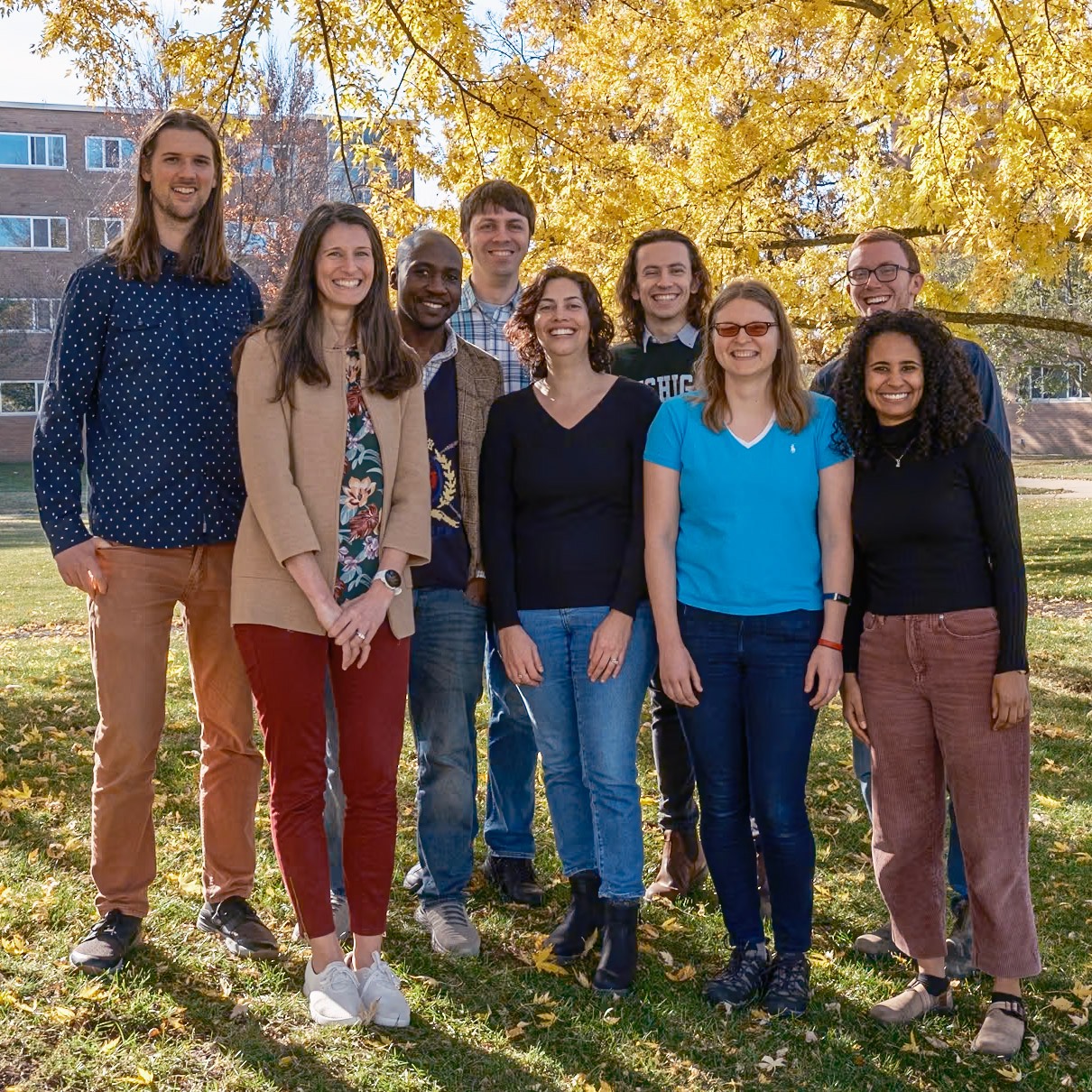Frazer Meacham and Tom Getty Tackle the Big Questions in Life: Sexual Selection & Parental Investment
For many creatures, the big questions in life include who to mate with and how much to invest in the offspring. Sexual selection theory addresses the first question. Parental investment theory addresses the second.
Historically, these questions have been analyzed as separate problems, or with drastic simplifications to make them analytically tractable. Because mating decisions should depend on the potential partner’s parental investment decisions, and vice versa, these two big questions are really one complex co-evolutionary game between males and females.
With support from the BEACON STC for the Study of Evolution in Action, Frazer Meacham, a graduate student at the University of Washington, and Tom Getty, Integrative Biology Department Chair and Professor at Michigan State University, used an evolutionary replicator-dynamic modeling approach to find co-evolutionary solutions to this game.
The study, which appears this June in the Journal of Theoretical Biology (422 (2017) 50–58), finds that for a broad range of conditions, discretionary male parental investment reduces female choosiness. A simple verbal interpretation is this: Different males can contribute “better-or-worse genes” and “more-or-less direct help” to a female’s offspring. When males can decide how helpful to be after mating occurs, a common co-evolutionary solution to the game is for males who contribute “worse” genes to contribute more direct help. This reduces the variation in the total contribution across males, and that, in turn, reduces selection on female choosiness.
Discretionary male parental investment can make females less choosy. The co-evolutionary dynamic models stabilize at what are called mixed strategies, where the fractions of males that are helpful and females that are choosy vary with mate search costs and the costs and benefits of paternal investments.
Tom felt compelled to share a relevant personal story. “When my wife and I became engaged, one of my wife’s cousins in Sweden wrote that he hoped I wasn’t too handsome. She assured him not to worry. I have been a relatively helpful partner for the 45 years since then. Apparently, the cousin anticipated our theoretical analysis."



